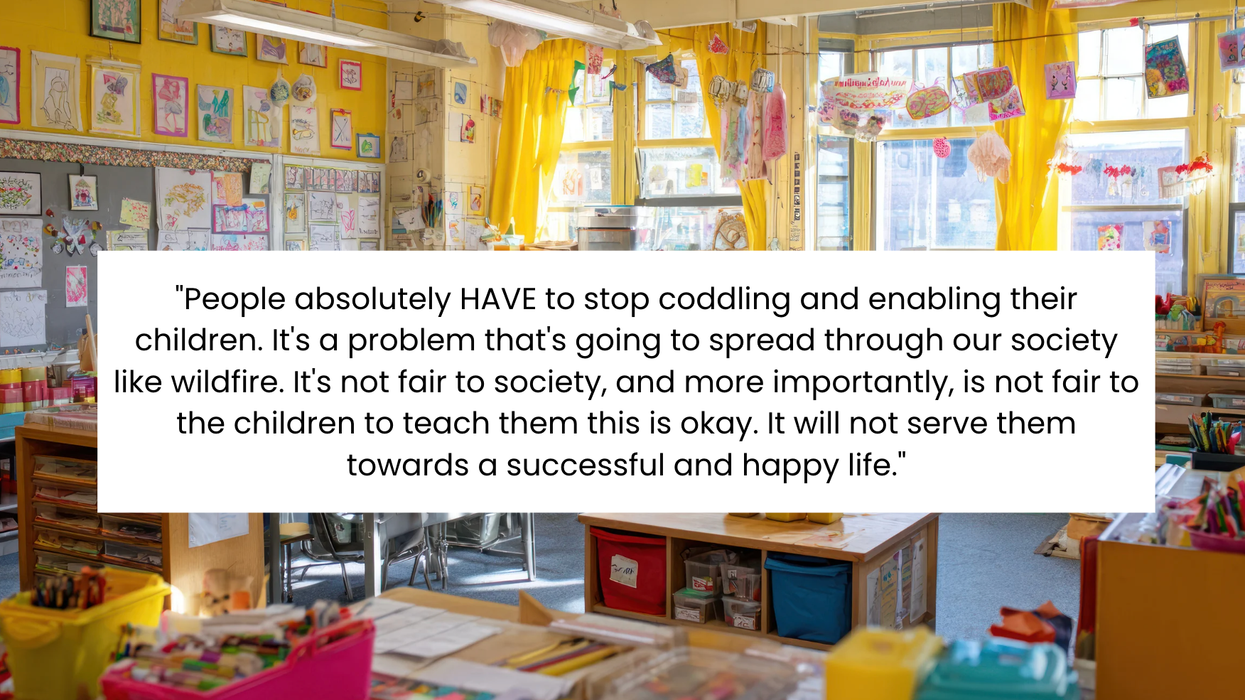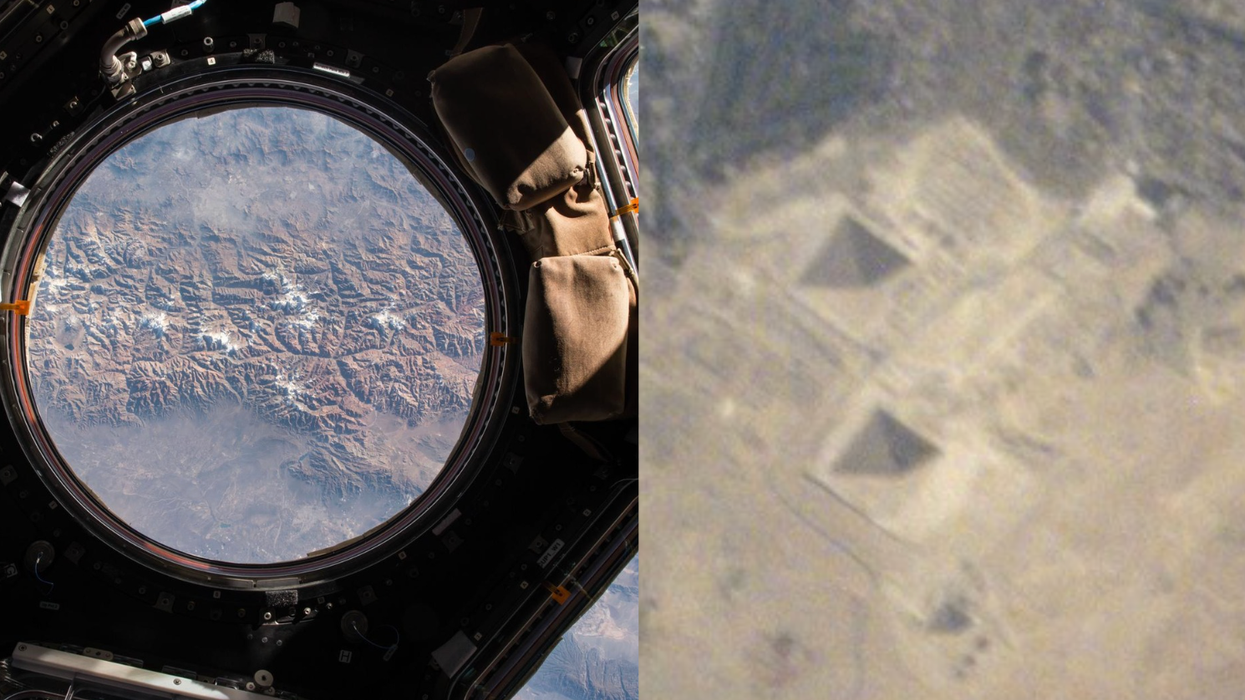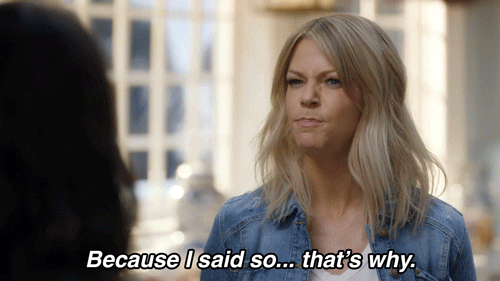Being a true fan means not only celebrating the highs but enduring a team’s worst moments as well — and when the lackluster New York Knicks recently hosted the Golden State Warriors juggernaut at Madison Square Garden, former ‘Daily Show’ host Jon Stewart showed the world what the latter looked like. Following a very ill-advised but ultimately successful turnaround jump shot by Golden State’s JaVale McGee, the funnyman in attendance registered the pain in a hilariously visible fashion.
Many celebrities attending sporting events like to put on their coolest, most stoic poker face, lest the camera catches them in anguish or exhilaration. But it quickly became apparent that Jon Stewart isn’t that type of celebrity.
Unless Jon Stewart was experiencing other issues in concert with the Knicks’ struggles, he might be overselling the drama here. I mean:
It didn’t take long for sports media to use this reaction to illustrate the pain that all Knicks fans experience during their woebegone decades.
Later that night, JaVale McGee, seemingly pleased at the anguish he was able to cause a fan of the opposition, made Stewart’s pained face his Twitter profile pic:
Many see athletic success as a zero-sum game — and it’s pretty clear from this series of events that Jon Stewart’s tragedy is JaVale McGee’s triumph.

















 Gif of Kaitlin Olson saying "Because I said so ... that's why" via
Gif of Kaitlin Olson saying "Because I said so ... that's why" via 

 Screen shot of an underground tunnel
Screen shot of an underground tunnel A fenced off area around the church's ruins
A fenced off area around the church's ruins
 A hand holds several lottery ticketsCanva
A hand holds several lottery ticketsCanva "Simpsons" gif of newscaster winning the lotto via
"Simpsons" gif of newscaster winning the lotto via 

 Kids on their computers.Photo credit:
Kids on their computers.Photo credit:  Young girl holds a drone.Photo credit
Young girl holds a drone.Photo credit  Playing with bubbles.Photo credit:
Playing with bubbles.Photo credit:  Friends on the computer.Photo credit:
Friends on the computer.Photo credit: 